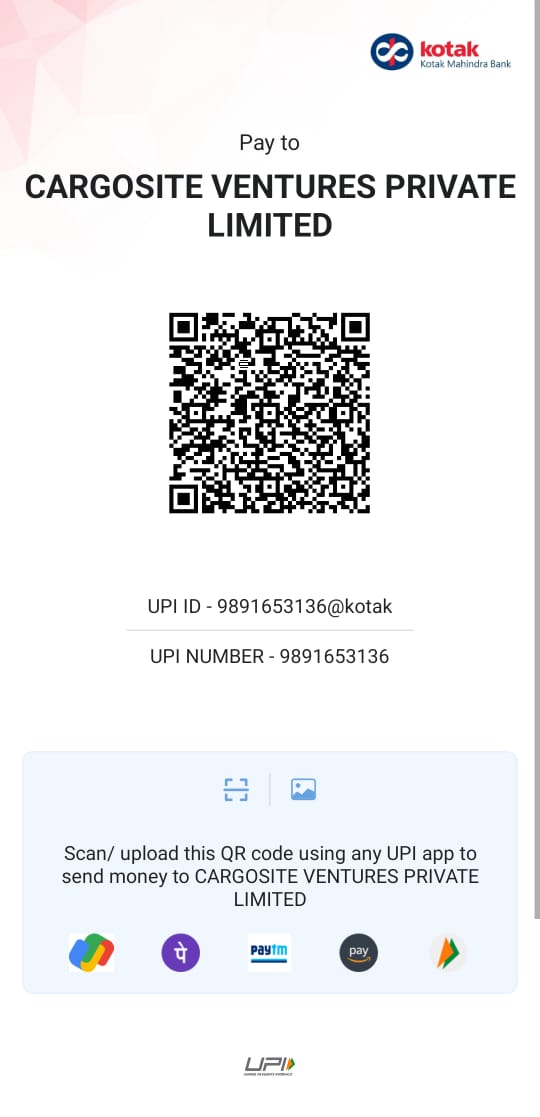Circular No, 06/2018-Customs.
F. No: 450/119/2017-Cus-1V (PL)
Government of India
Ministry of Finance
Dept. of Revenue
(Central Board of Excise and Customs)
Room No. 227B, North Block, New Delhi
Dated, the 16" Mareh, 2018
To,
‘All Principal Chief Commissioners/Chief Commissioners of Customs/Customs,
(Preventive)
Al Principal Chief Commissioners/Chief Commissioners of Customs & Central Tax
Al Principal Commissioners/Commissioners of Customs/Customs (Preventive)
Subject: Refund of IGST on Export- EGM Error related eases— reg.
Sit/ Madam,
IGST Refund module for exports is operational in ICES from 10.10.2017. The
module has an inbuilt procedure to automatically grant refund after validating the Shipping
Bill data available with Customs against the GST Returns data available with GSTN. The
procedure also retums erroriresponse codes in case there is any diserepancy. A number of
representations have been received from the stakeholders seeking resolution of various
problems encountered in sanetion of refund of IGST paid on exports of goods. To address the
problems related to IGST refund, CBEC has already issued Circular No. 42/2017-Customs
dated 07-11-2017 which highlighted the common errors and combination of errors that
hindered the sanction and disbursal of refund of IGST paid against exports. Vide cireular No,
5/2018-Customs dated 23,2.2018, an officer interface in case of invoice mis-match errors,
‘which accounted for the largest proportion of errors, was introduced, The other main category
‘of errors holding up the refunds in Inland Container Depots (ICDs) is related to either non-
filing of Export General Manifest at the gateway port or information mis-match between
local and gateway EGMs,
2, Asper Rule 96 of the CGST Rules 2017, the shipping bill filed by an exporter shall
bbe deemed to be an application for refund of integrated tax paid on the goods exported out of
India,
once both the Export General Manifest (EGM) and valid retum in Form GSTR-3 or
Form GSTR- 3B, as the case may be, has been filed. In other words, filing of EGM, apart
from filing of shipping bill and GSTR 3B is a mandatory requirement for processing refund
claim. The Shipping lines/agents have been filing EGM electronically For exports originating
from gateway ports, However, for cargo originating from ICDs, the Shipping lines/agents
‘were filing EGM in manual mode. Absence of electronic EGMs and their integration with
local EGMSs has been the major obstacle in processing of refund claims in the case of exports
from ICDs,
3. _In order to overcome this issue, the Shipping fines have been mandated to include
the shipping bills originating from ICDs while filing the electronic EGMs at the gateway
ports, In cases where the EGMs have not incorporated the shipping bills pertaining to ICDs,
the Shipping linesiagents have been asked to file supplementary EGMs. While the Shipping
lines have been largely cooperative in filing regular or supplementary. EGMs for cargo
originating from ICDs, there are still many instances where no EGMs have been filed or
EGMs have been filed with errors, This is causing avoidable delay in processing of refund
claims. The jurisdictional officers atthe gateway port may initiate swift penal action against
Shipping lines ! agents who fil to file either regular or supplementary EGMSs electronically
for the cargo originating from ICDs,
4. _Inorder to ensure a hassle free processing of refund claims, the following steps may
be ensured by the jurisdictional officers in ICDs: (a) filing of local EGM ice train or truck
summary; as the case may be, immediately after cargo leaves the port, (b) liaising with
{jurisdictional officers at gateway port for incorporation of Shipping Bills pertaining to the
‘argo originating in ICDs, in the EGMs filed at gateway port by the Shipping lines/agents (e)
rectification of errors in local and gateway EGM, wherever necessary.
5. The jurisdictional officers at the gateway port should strictly monitor the FGM.
Pendeney and ertor reports available in ICES. The officers at the gateway port have 10
resolve the EGM errors in an expeditious manner by asking the Shipping lines/agents to file
requisite amendments and approving those amendments on ICES. In eases, where there are
errors either in the shipping bill or in the local EGM (ie. truck or train summary), the
remedial action has to be taken by jurisdictional officer in ICD.
6 It has been observed that mis-match of information provided in local and gateway
EGM mainly occurs because of (i) incorrect gateway port code in local EGM (error M), (ii)
change in container for LCL cargo or mistakes committed while entering container number
(error C), (ii) incorrect count of containers (error N), (iv) mistakes in entering the nature of
cargo ~ LCL or FCL (error T), (v) the let export order is given in ICES after sailing date of
the vessel (error L). ICES has provision to correct all aforementioned errors. The procedure
to be followed for each type of error has been clearly delineated in the step by step guide
issued by the Directorate of Systems for dealing with the errors. In case of specific
difficulties, the same may be taken up with Directorate of Systems
7. There isa shared responsibility between officers working at ICDs and gateway ports
in ensuring an error free filing and integration of focal and gateway EGMs. The officers at
both locations should also ensure swift rectification of errors and effective coordination
between the domestic carriers, who file local EGMs, and Shipping lines/agents, who file
gateway EGMs. The ertor fre filing and integration of EGMs is a pre-requisite for smooth
processing of refunds. Recognizing this necessary outreach may be done to sensitize
domestic carriers as well as Shipping lineslagents with regard to due ditigence that is
required in filing of EGMs and its critical importance in hassle free processing of IGST
refunds.
8 Difficules any should be bought to he noe of the Boar
iar oseson tons
Yours fithfly
odnbee Re
Cale Ri)
Direc (Customs)

